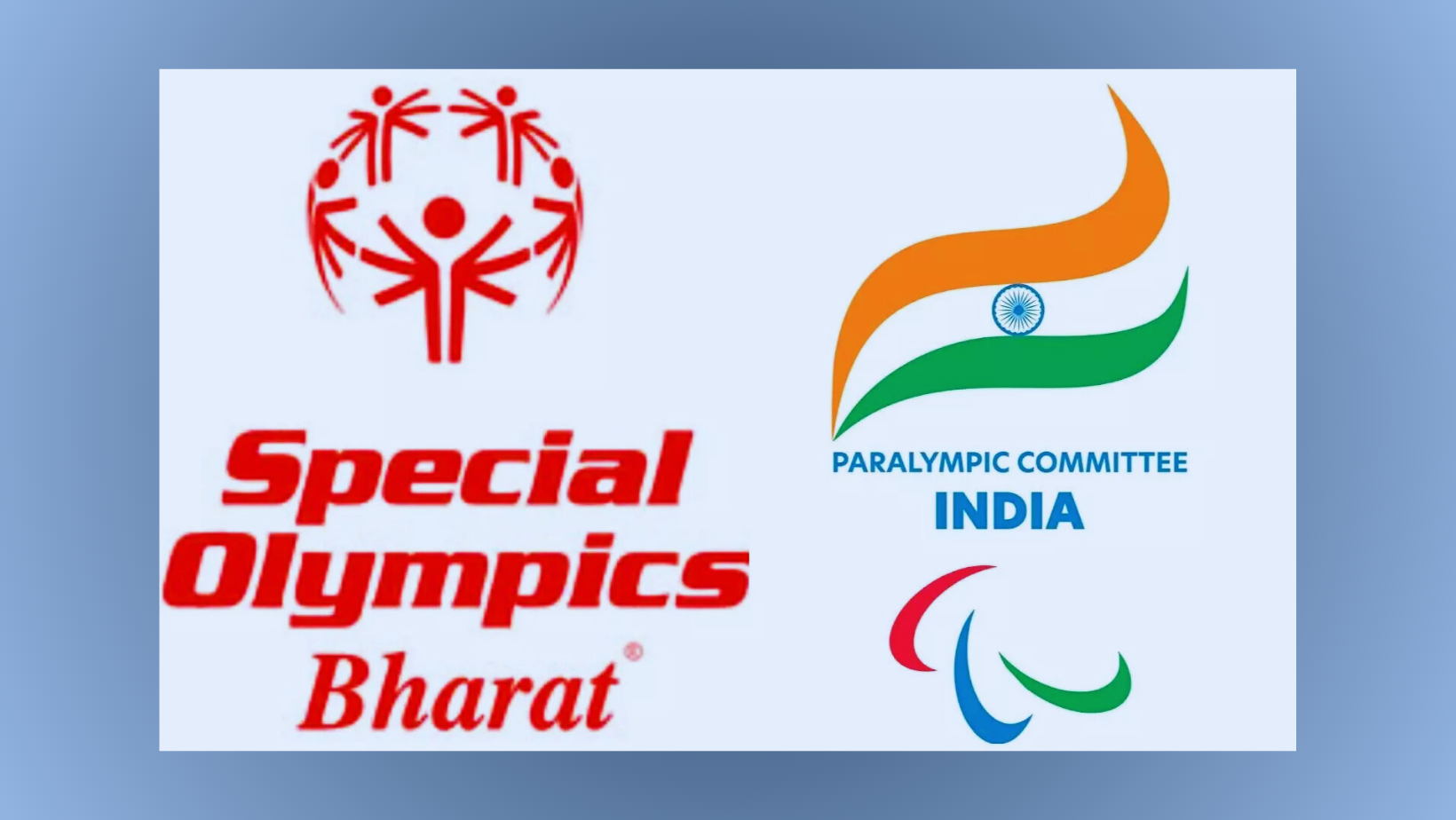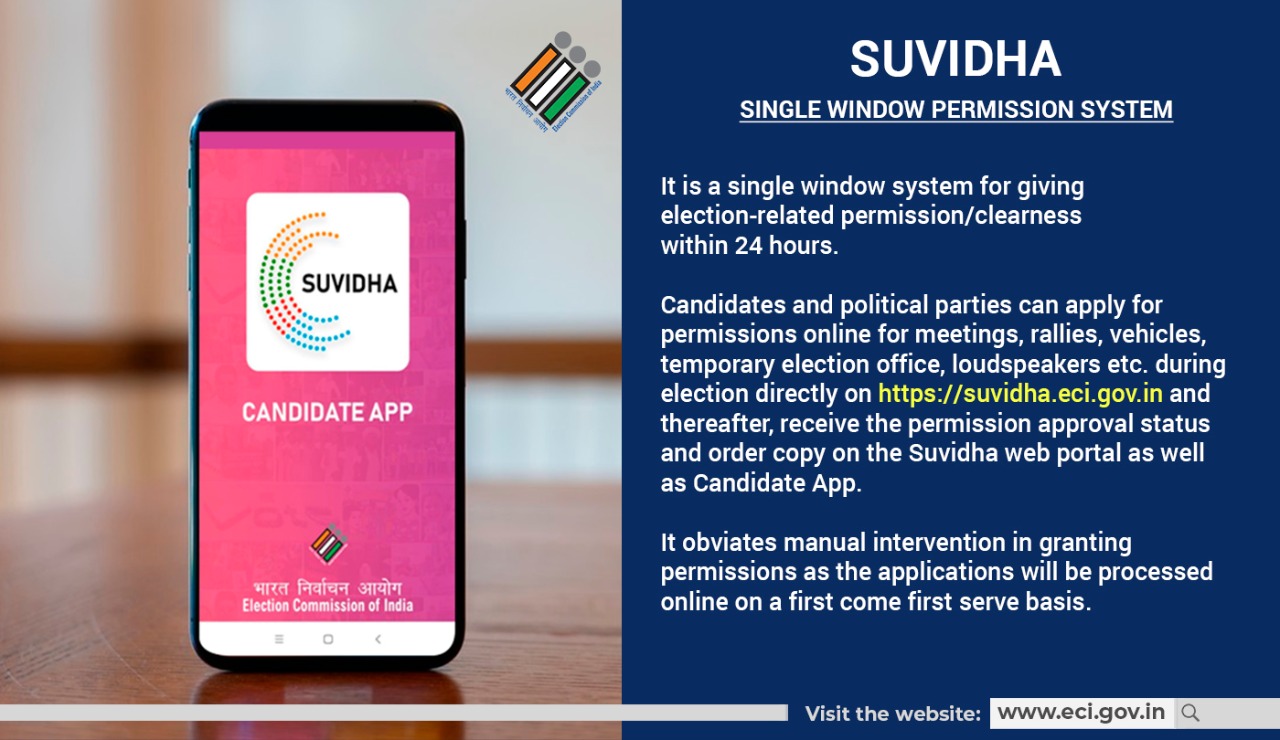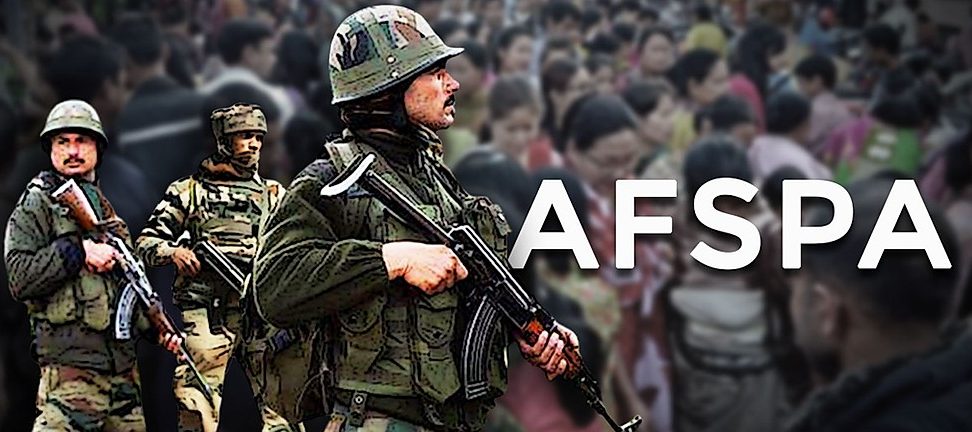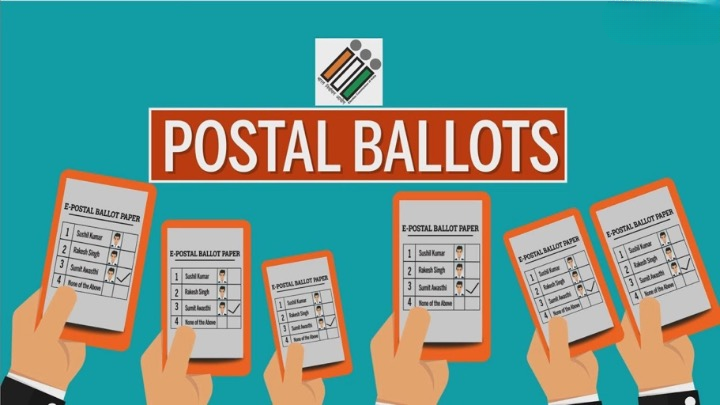Special Olympics Bharat

- 15 Apr 2024
Why is it in the News?
Special Olympics Bharat (SOB), a National Sports Federation of India is forming district units across Tamil Nadu through elections on April 22.
About Special Olympics Bharat:
- Special Olympics Bharat is a National Sports Federation also registered under the Indian Trust Act 1882 in 2001 and is accredited by Special Olympics International to conduct Special Olympics Programs in India.
- It is recognized by the Ministry of Youth Affairs & Sports, Government of India as a National Sports Federation in the Priority Category, for the development of Sports for Persons with Intellectual Disabilities.
- It is a designated Nodal Agency for all disabilities on account of its national presence and experience, especially in rural areas which account for nearly 75 percent of the disabled population in India.
- Mission: The mission of Special Olympics is to provide year-round sports training and athletic competition in a variety of Olympic-type sports for children and adults with intellectual disabilities, giving them continuing opportunities to develop physical fitness, demonstrate courage, experience joy, and participate in a sharing of gifts, skills, and friendship with their families, other Special Olympics athletes and the community.
- Special Olympics Bharat works towards the social acceptance of people with intellectual disabilities, whereby they are respected and given equal chances to become productive citizens.
- They encourage athletes to move from the Special Olympics training and competition into school and community programs where they can compete in regular sports activities.
Special Olympics Bharat strives to:
- Focus on holistic development and training that goes beyond the classrooms into the playing fields, cultural and community centers, to motivate children with disabilities to join and remain in school
- Create role models who will inspire the children and also motivate parents to send their children to school and to participate in sports and other extra-curricular activities
- Train teachers to sensitize them to the needs of special children, and create a cadre of physical education teachers from among the disabled who can work with schools and community centers
- Ensure maximum involvement of the community for greater public understanding and acceptance of people with intellectual disabilities.
- Ensure all Special Olympics Bharat activities local, state, national, and international reflect the Olympic movement values, standards, ceremonies, and events.
What is Intellectual Disability?
- Intellectual disability is a lifelong condition that affects a person’s intellectual skills and their behaviour in different situations.
- It can include difficulties in communication, memory, understanding, problem-solving, self-care, social and emotional skills, and physical skills.
- People with intellectual disability have the same feelings, rights, and aspirations as everyone else.
- Intellectual disability does not define who a person is, how they should be treated, or how they want to live.
- An IQ test determines whether a person has an intellectual disability. IQ scores lower than 70 indicate an intellectual disability.
SUVIDHA Portal

- 08 Apr 2024
Why is it in the News?
The Election Commission said that over 73 thousand applications had been received on the Suvidha Portal in just 20 days since the announcement of General Elections 2024.
About SUVIDHA Portal:
- The Suvidha portal is a technological solution developed by the Election Commission of India (ECI) to ensure a level playing field upholding the democratic principles of free, fair, and transparent elections.
- Suvidha's robust track record showcases its ability to streamline requests for permissions and facilities during election campaigns, catering to diverse needs such as rallies, canvassing, and temporary party offices.
- The Suvidha portal offers both online and offline submission options, ensuring inclusivity and equal opportunity for all stakeholders.
- Permission requests can be processed efficiently through a robust IT platform managed by nodal officers from various state departments.
- The portal's user-friendly design allows political parties and candidates to submit requests from anywhere, at any time.
- To enhance transparency and convenience, Suvidha also provides a companion app for real-time tracking of application statuses.
- Available on both iOS and Android platforms, the app ensures a seamless user experience.
- Moreover, the Suvidha portal promotes accountability by offering features such as real-time tracking, status updates, timestamped submissions, and SMS communication.
- Data collected on the Suvidha platform serves as a valuable resource for scrutinizing election expenditures, thereby promoting greater integrity in the electoral process.
- With Suvidha, the Election Commission of India demonstrates its commitment to facilitating a fair, efficient, and transparent electoral environment, granting equal access to all political parties and candidates seeking permissions and clearances during election campaigns.
Armed Forces (Special Powers) Act (AFSPA)

- 27 Mar 2024
Why is it in the News?
Union Home Minister Amit Shah has said the Jammu and Kashmir Assembly elections will be held before September and that the Centre will consider revoking the Armed Forces (Special Powers) Act there.
What is AFSPA?
- The AFSPA empowers the armed forces to uphold law and order in “disturbed areas.”
- They have the right to prevent a gathering of five or more people in a given location, use force, or even open fire after providing a sufficient warning if they believe someone is breaking the law.
- Armed forces are also permitted to enter and search any location if they suspect illegal activity.
- According to the AFSPA Act, the Army also has the authority to detain someone without a warrant, seize weapons and ammunition, and offer protection to someone acting in good faith.
Salient features of the AFSPA Act:
- The Central Government or the Governor of a State has the right to declare all or a part of any state to be a disturbed region if they believe it is necessary to stop the terrorist activity or any other activity that could jeopardize India’s sovereignty or be disrespectful to the national anthem, flag, or constitution.
- According to Section 3 of the AFSPA, the Central Government may send out armed forces to support the civilian authorities if the governor of a state publishes a formal announcement in the Gazette of India.
- According to the Disturbed Areas Act of 1976, a territory must maintain the status quo for a minimum of three months after being designated “disturbed.”
- Section (4) of the AFSPA grants army officers specific authority to shoot the only requirement is that the officer must sound the alarm before firing.
- Security forces have the authority to search without permission and arrest anyone without a warrant.
- After being taken into custody, a person must be delivered to the closest police station as soon as possible.
- The Central Government must first provide its consent before prosecuting an on-duty officer for alleged human rights violations.
What are the “Disturbed areas” under the AFSPA Act?
- The state governor, the administrator of the union territory, or the central government may declare a region as a “disturbed area” by publishing a notice in the official gazette, the entire territory or an order to implement it may be declared disturbed.
- It is up to the state governments to decide whether or not to implement the Act.
- However, the governor or the Center may disregard their judgment under Section (3) of the Act.
- The state governor was the only person with the authority to confer AFSPA when the act came into force in 1958.
- The 1978 amendment granted the central government this authority.
List of states that implement the AFSPA Act:
- Four states and one union territory currently have AFPSA activities, while 12 districts are still partially subject to the act, and 31 districts have fully implemented the law.
The AFSPA states include:
-
- Jammu & Kashmir
- Nagaland
- Assam
- Arunachal Pradesh
- Manipur
Minimum age to cast postal ballots hiked to 85 years

- 02 Mar 2024
Why is it in the News?
For the upcoming Lok Sabha and State Assembly elections, senior citizens who are 85 years and older will be able to opt for postal ballots as the government recently amended the rule to increase the eligibility from the current limit of 80 years and above.
News Summary:
- The government, in collaboration with the Election Commission, has introduced amendments to the Conduct of Election Rules (1961), specifically targeting the eligibility criteria for voting by postal ballot.
- Notably, the minimum age for senior citizens eligible for postal voting has been increased from 80 years to 85 years.
- Previously, Rule 27A of the Conduct of Election Rules had extended the postal ballot facility to senior citizens above 80 years, persons with disabilities, poll officers, and individuals diagnosed with COVID-19.
- This provision was first implemented during the 2020 Bihar assembly polls, coinciding with the onset of the pandemic.
- Despite the initial extension of postal voting rights to senior citizens aged 80 and above, a subsequent review by the Election Commission revealed that only a small fraction, approximately 2-3%, of eligible voters in this age group opted for postal ballots.
- The majority preferred to physically visit polling stations to cast their votes.
- Considering the statistics indicating that the total number of senior citizens above 80 years stands at 1.75 crore, with 98 lakh falling within the age range of 80-85 years, the government deemed it necessary to amend the existing rule.
- This adjustment reflects a nuanced approach aimed at ensuring efficient electoral processes while addressing the preferences and needs of elderly voters.
What is Postal Voting?
- Postal voting is only available to a specific group of voters.
- By retyping her choices on the ballot paper and returning it to the inspection officer before counting, a voter can remotely cast her ballot using this feature.
Who Can Avail This?
- Armed forces members such as those in the Army, Navy, and Air Force, armed police officers serving outside their home states, government workers stationed outside of India, and their wives are only eligible to vote by mail.
Features:
- Voters may use this service from any location outside of the designated constituency.
- This system makes it easier to create voter electoral roll data for services.
- It has two layers of security, making it a secure system:
- 1. Downloading the encrypted electronically transmitted postal ballot (ETPB) file requires an OTP (one-time password).
- 2. To decrypt, print, and deliver ETPB, a PIN is necessary.
- By sending postal ballots electronically to eligible service voters, this system addresses the time constraint associated with mailing postal ballots.
- The specific quick response code ensures confidentiality and prevents the duplication of cast ETPB.
Concerned Raised by Political Parties:
- Parties argue that allowing voters 65 and older to cast postal ballots violates voting confidentiality since many of the population lacks education and may ask for help from others at various points, ultimately identifying their chosen candidate.
- Their exposure to "administrative influence or influence by the government or the ruling party" also results from this.
